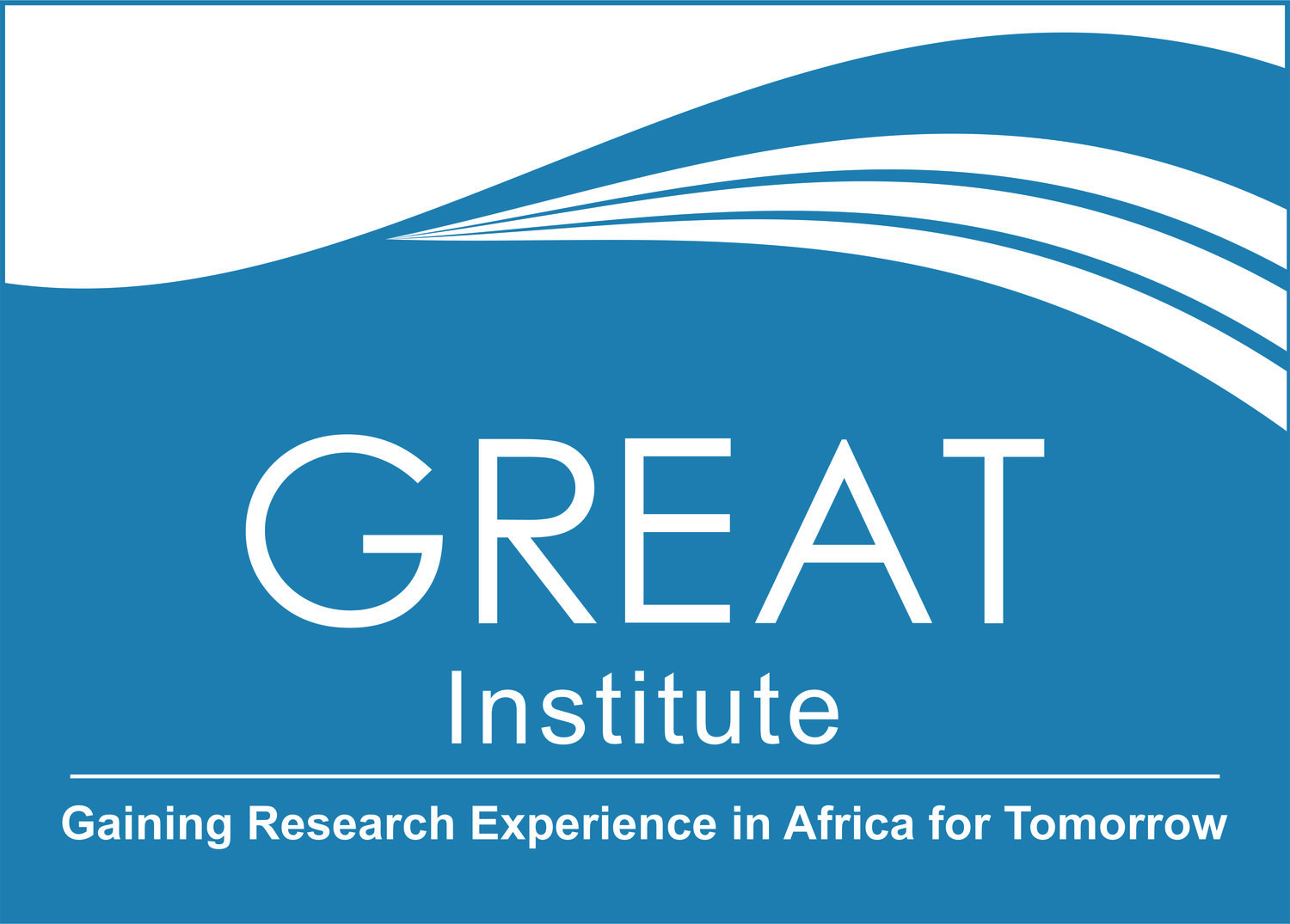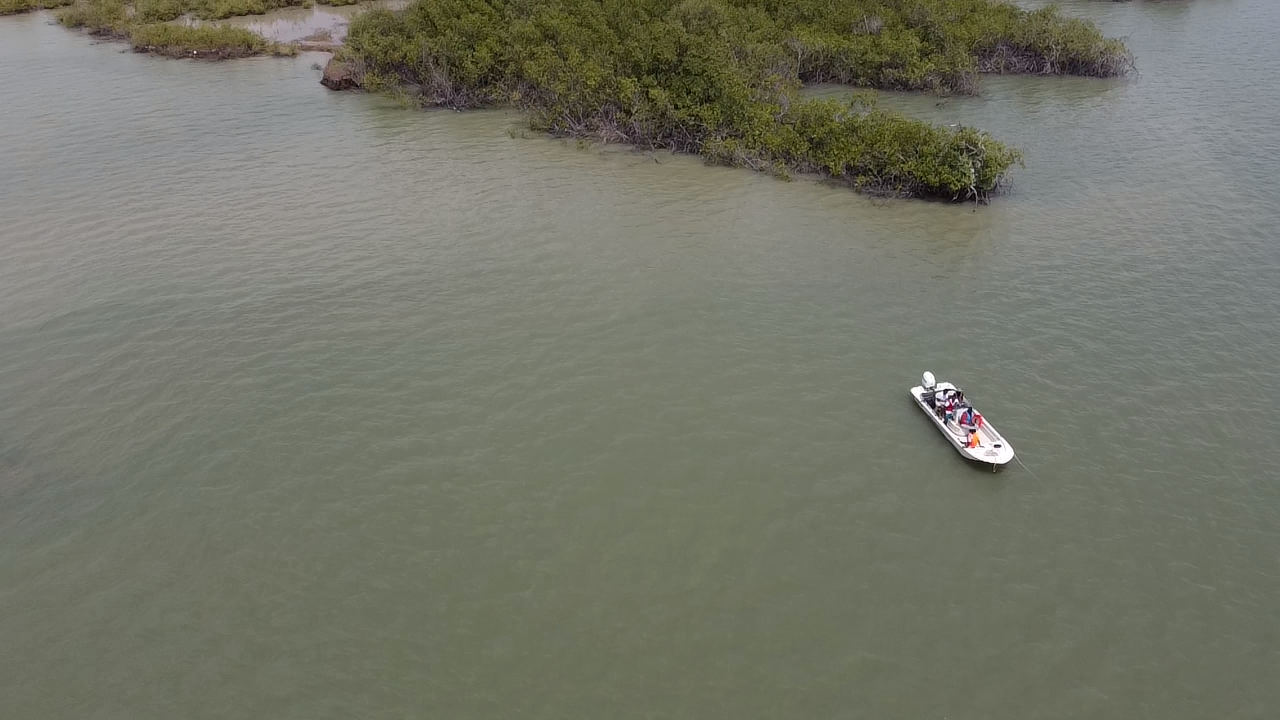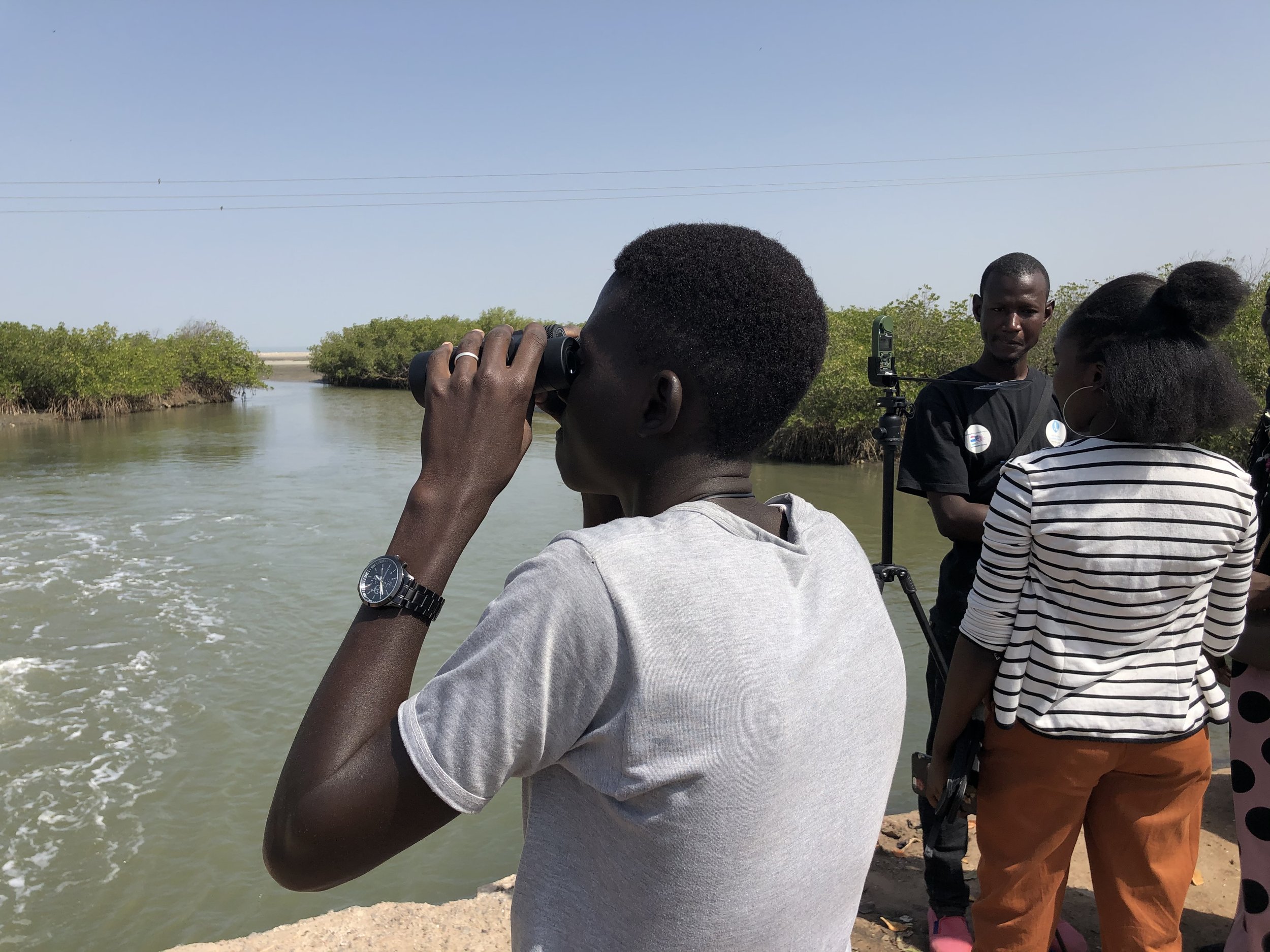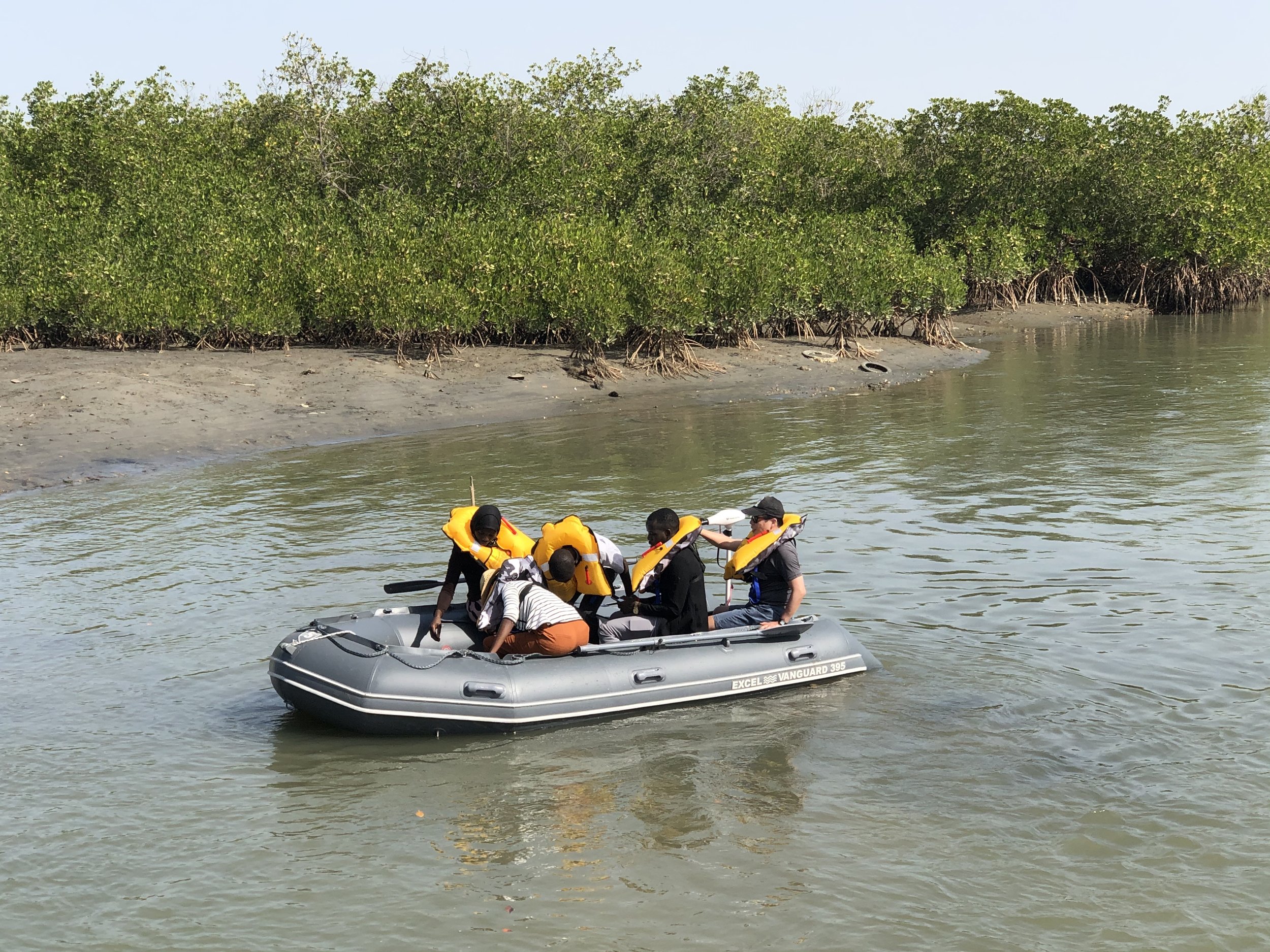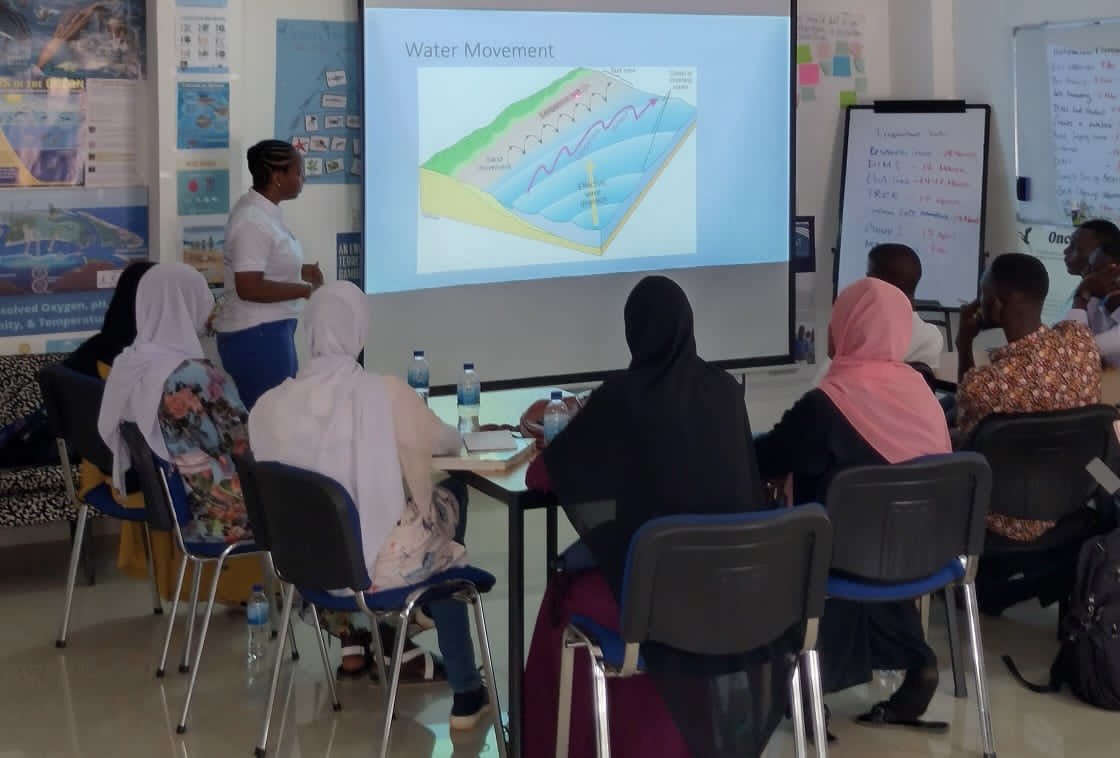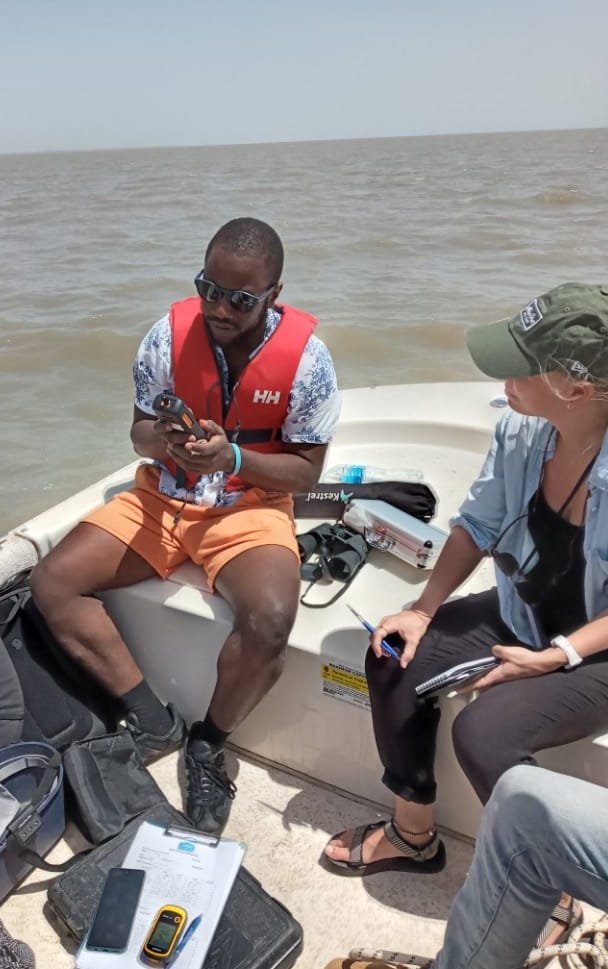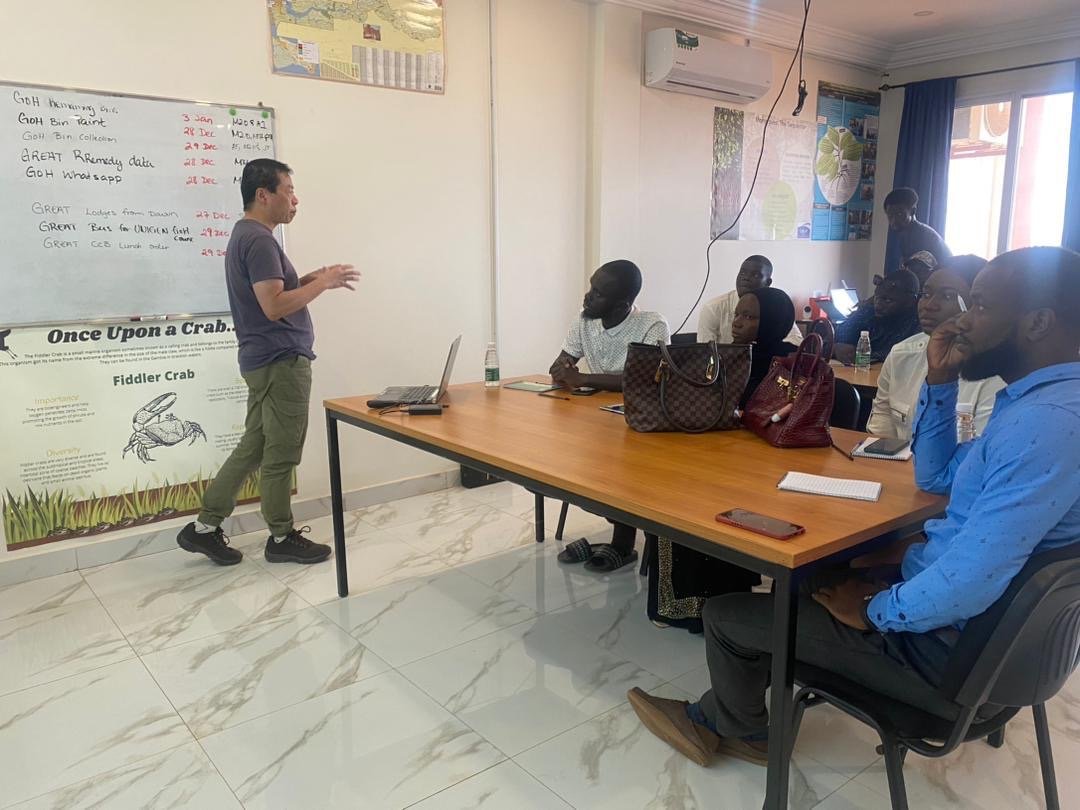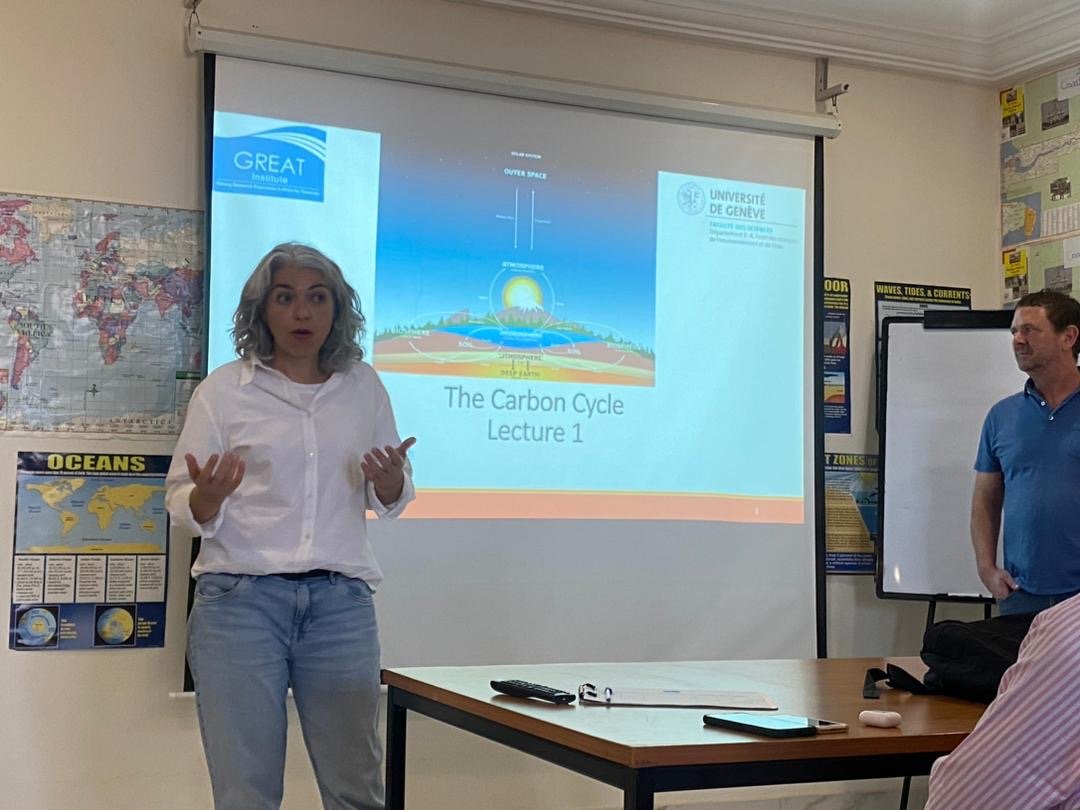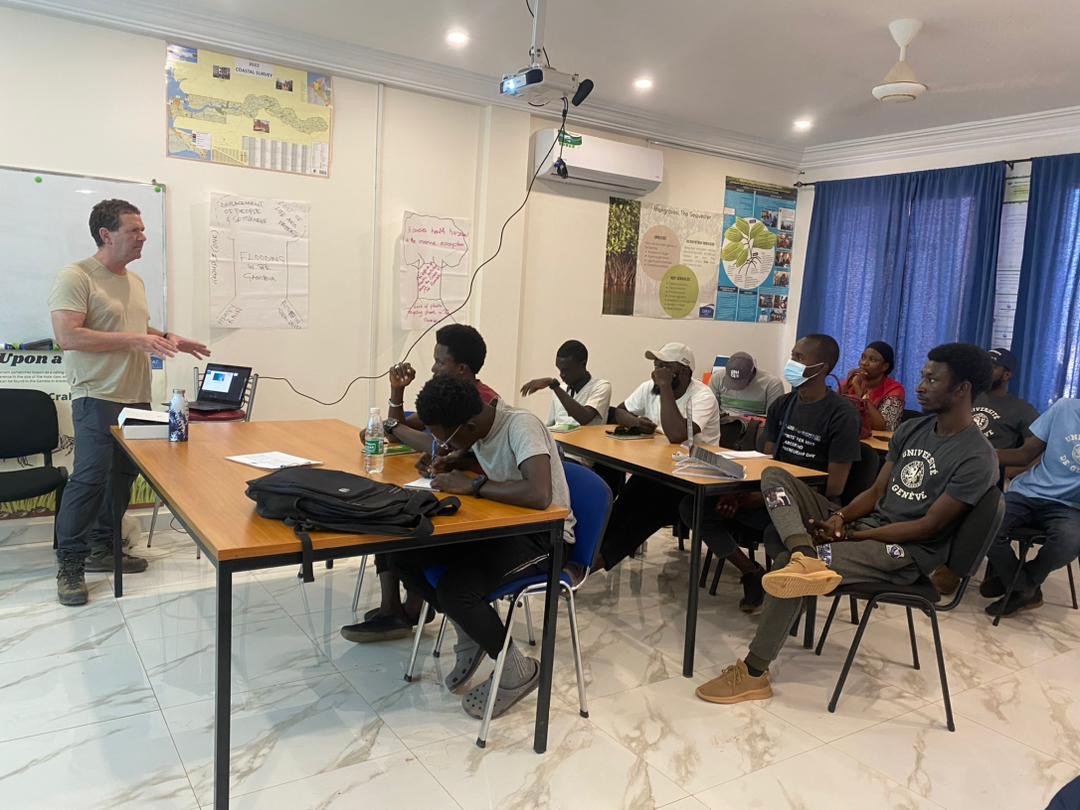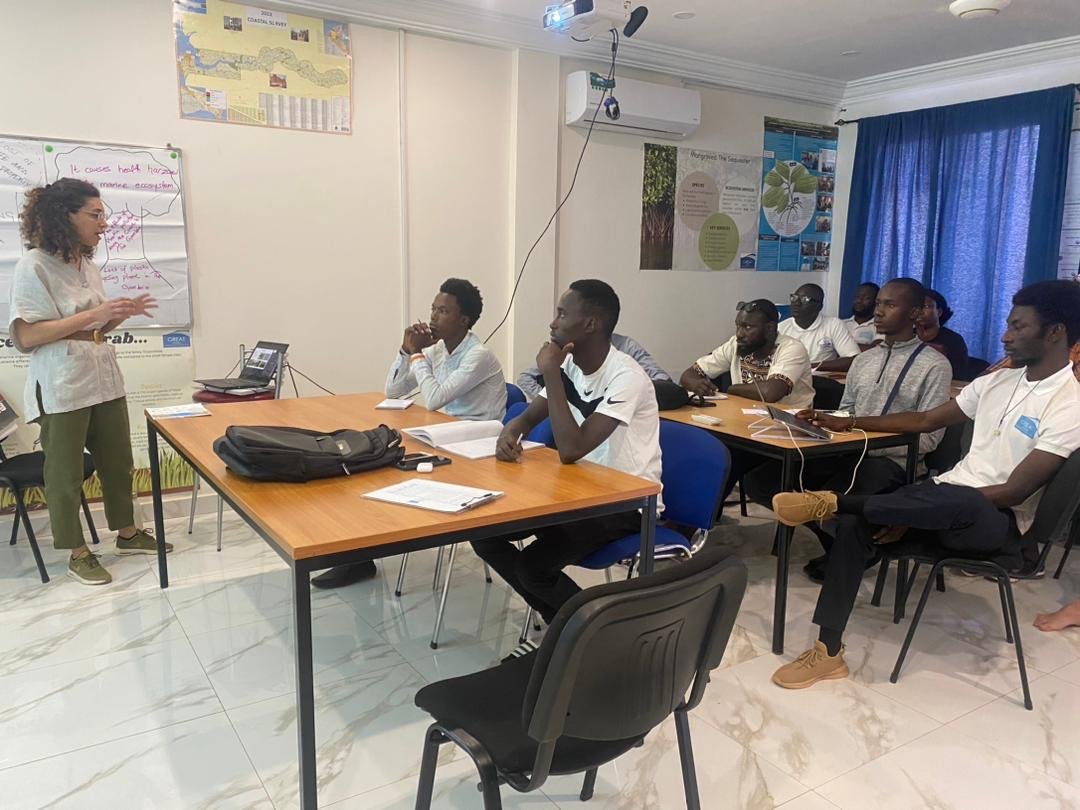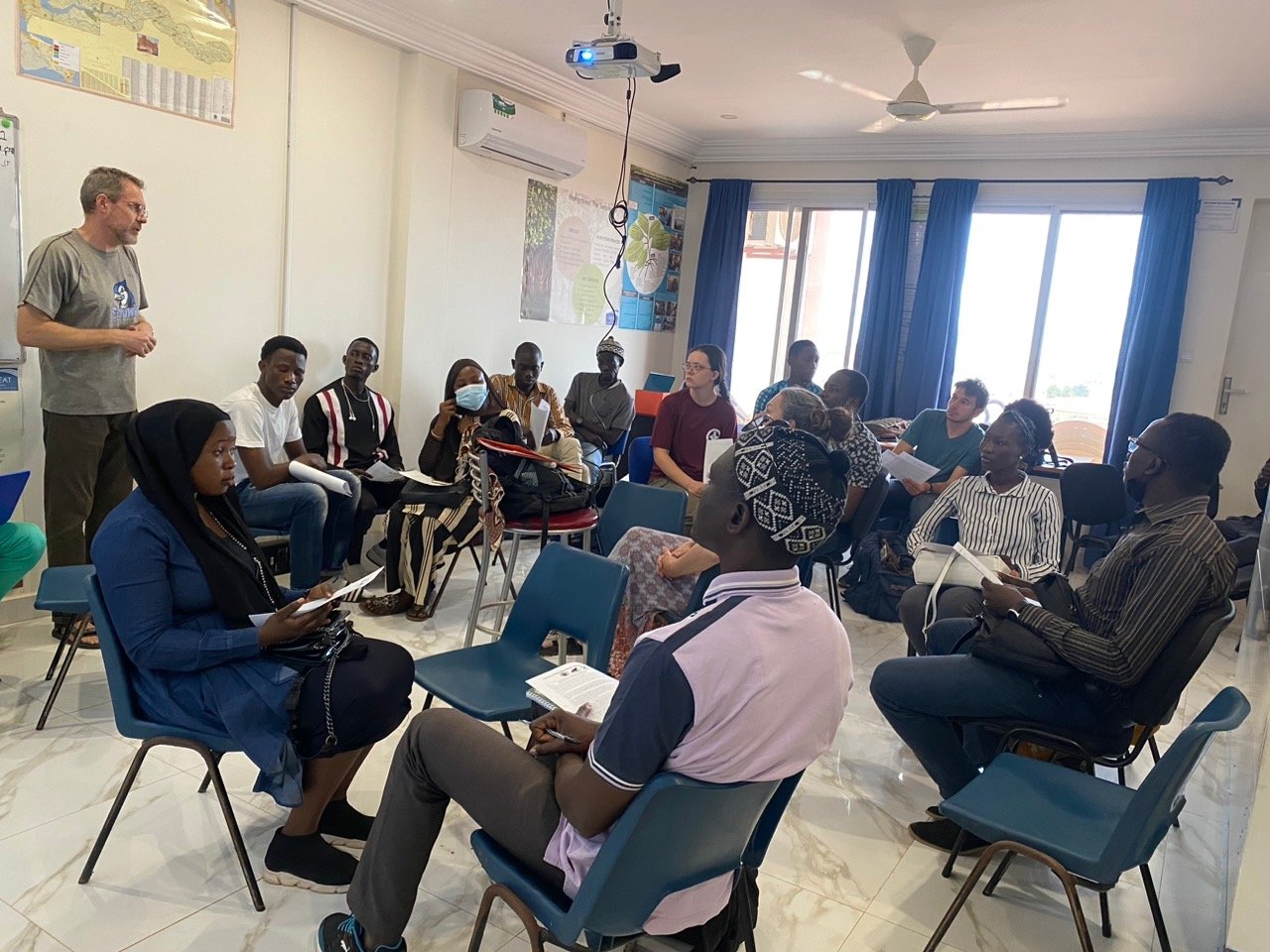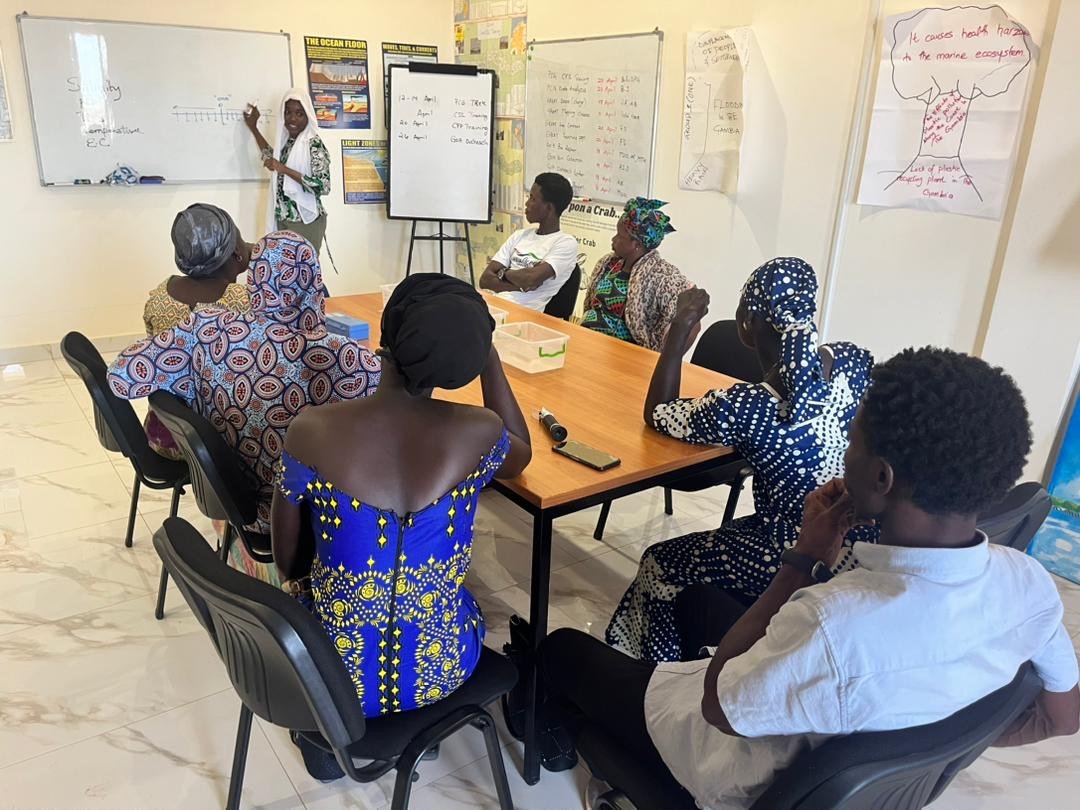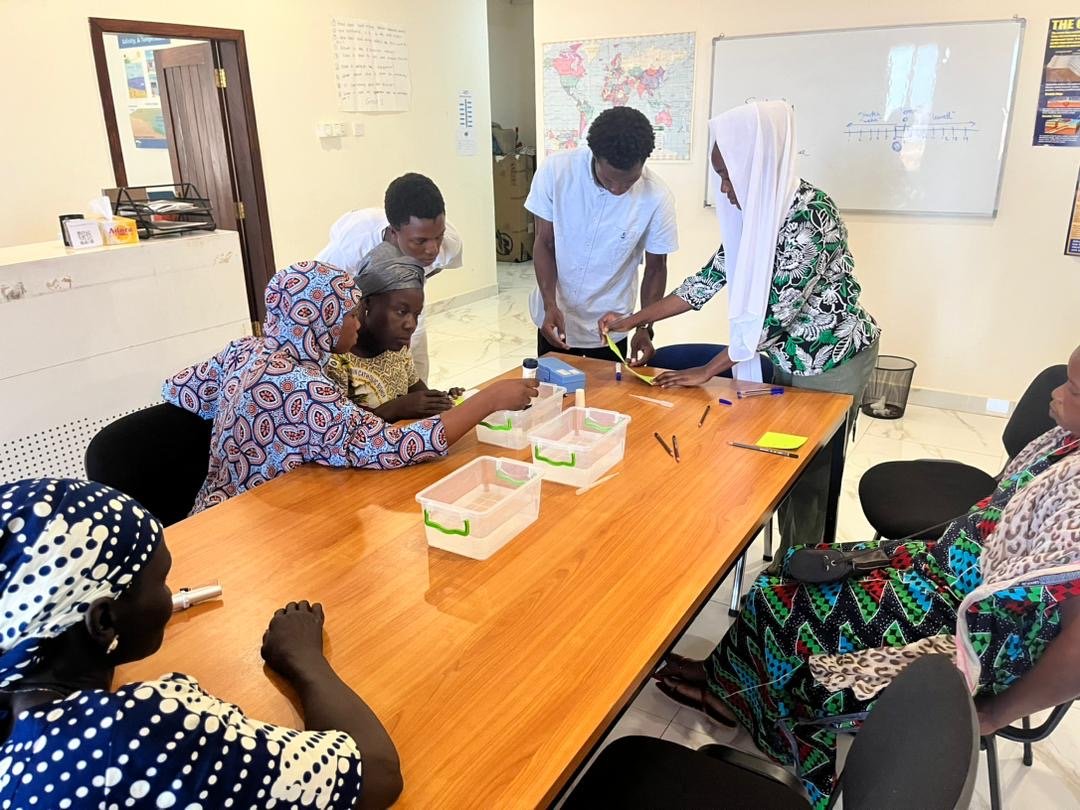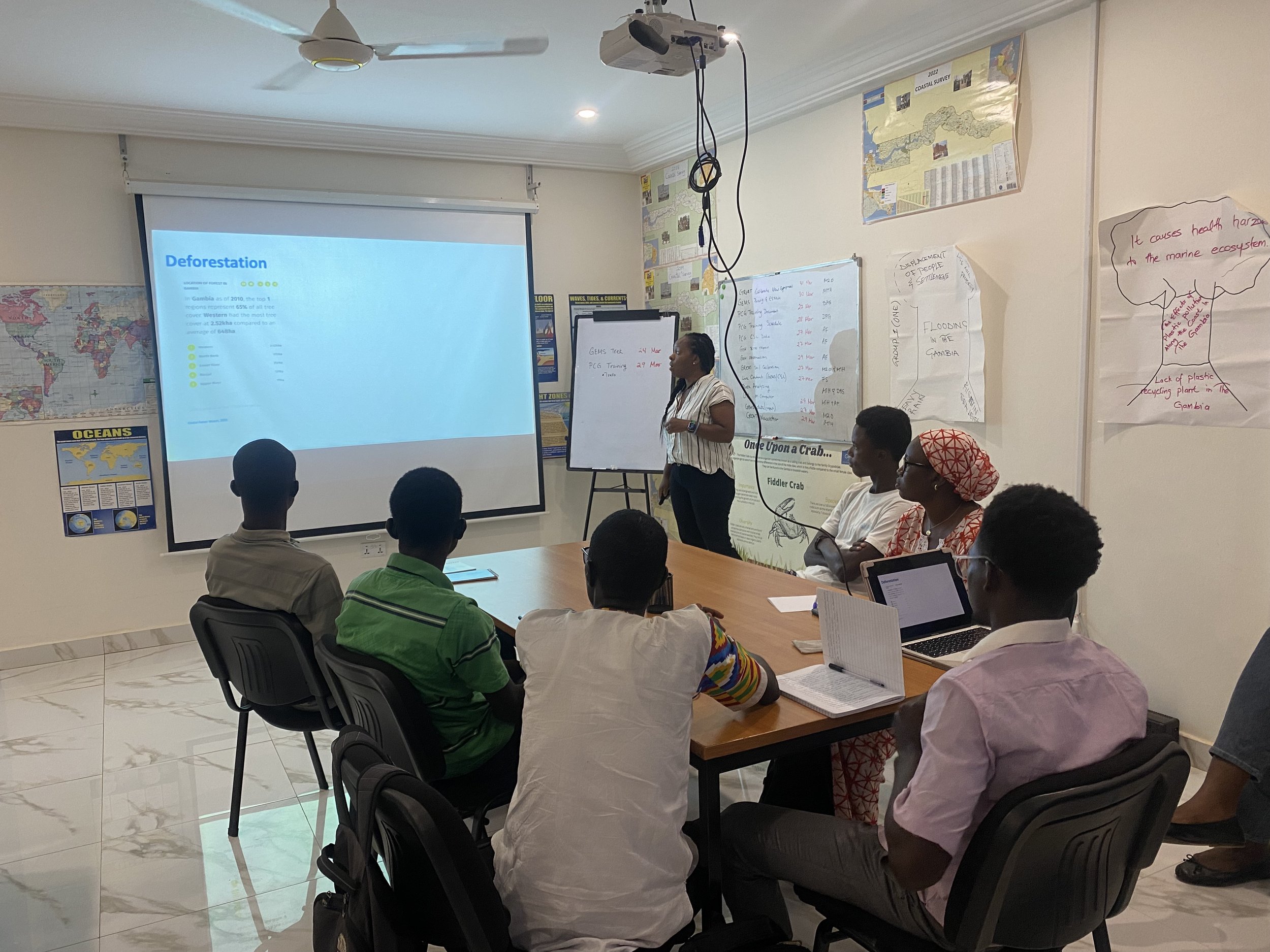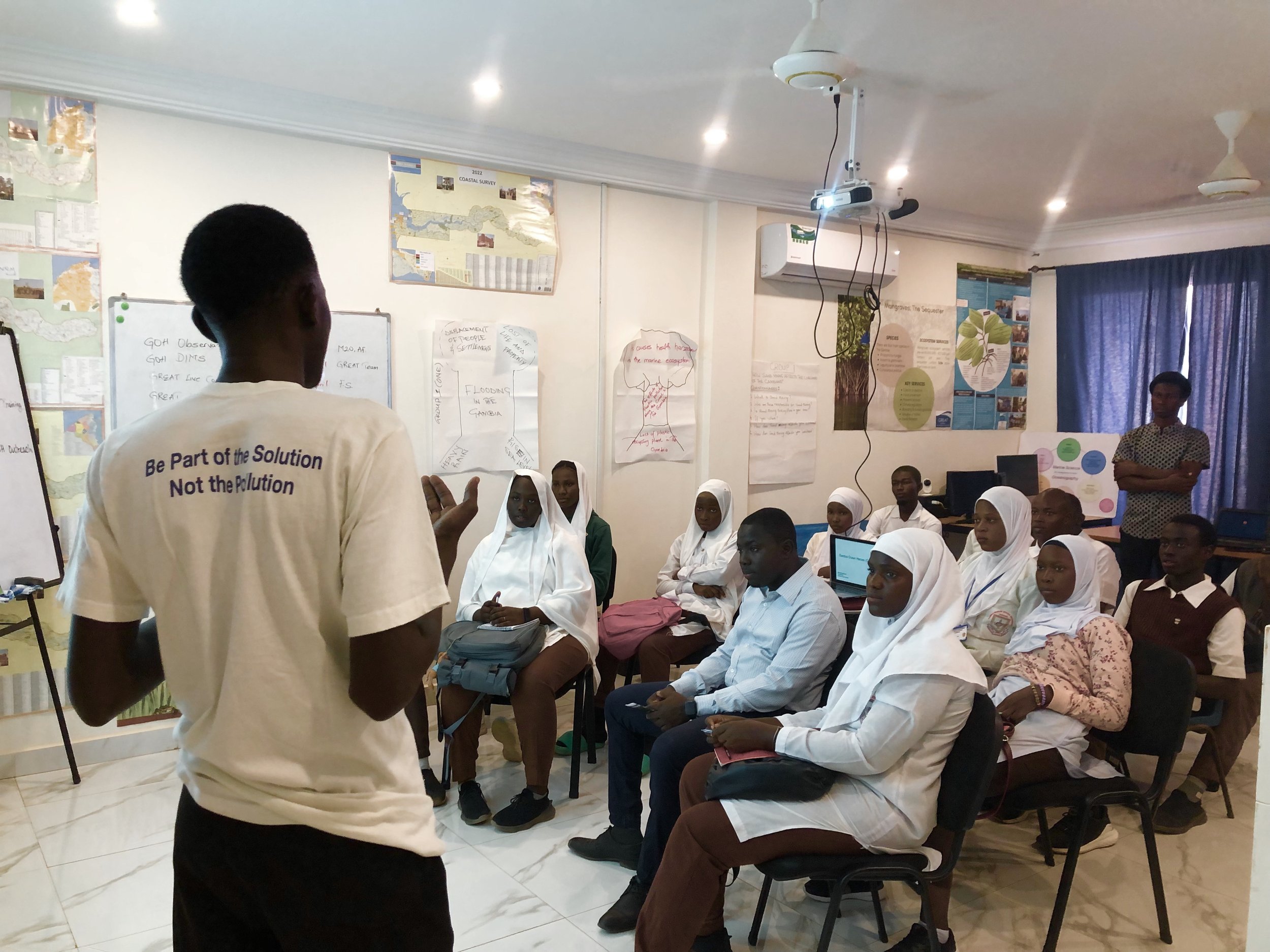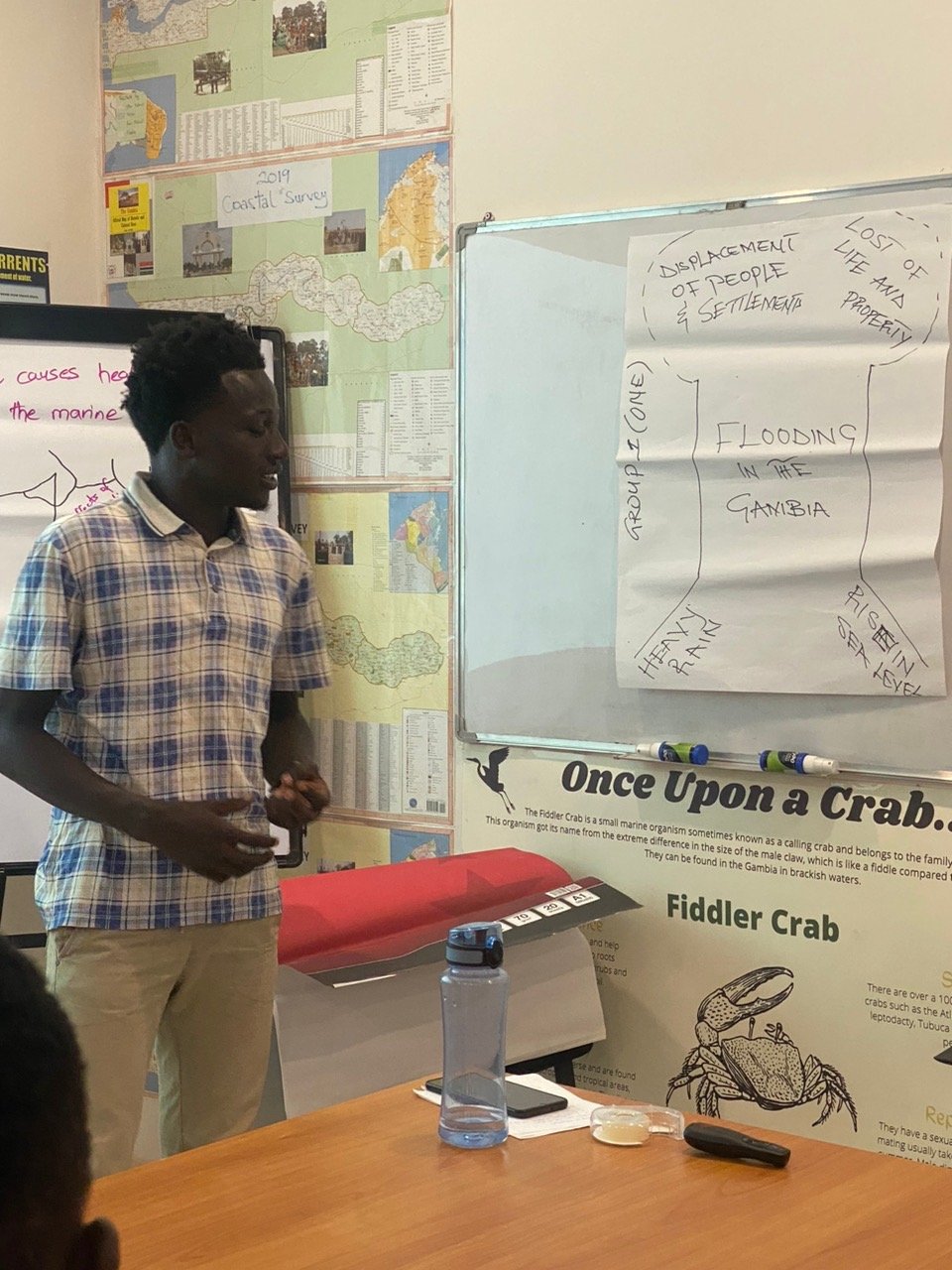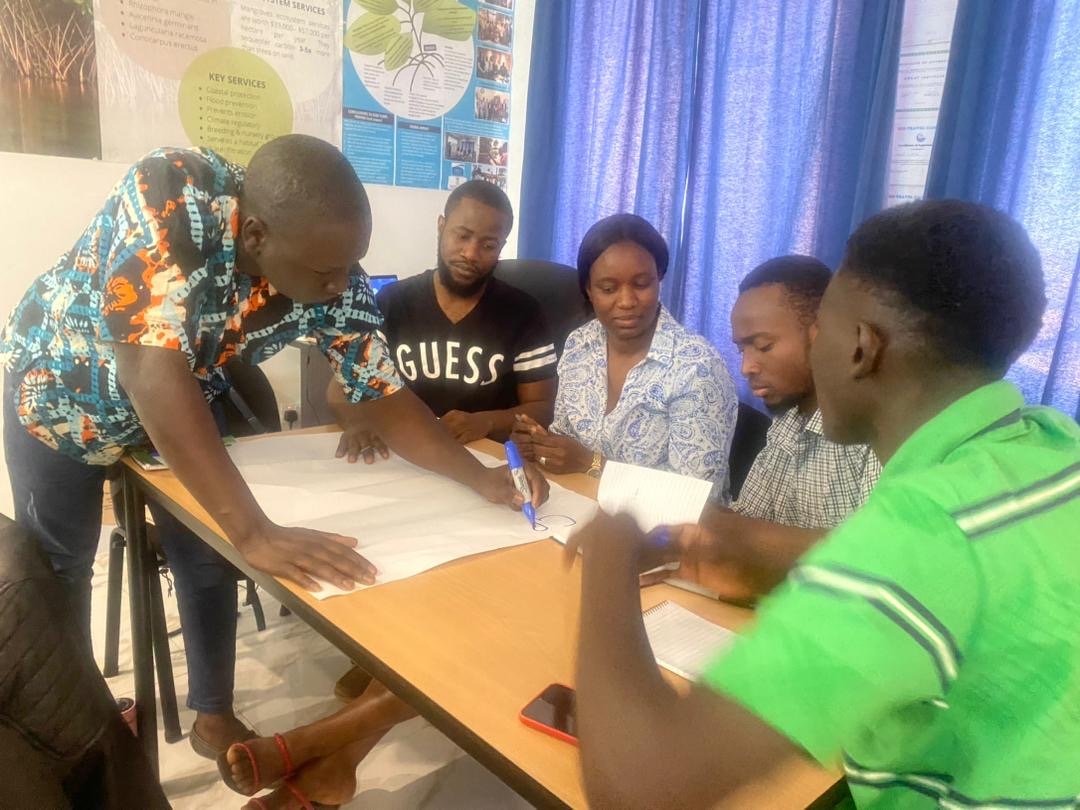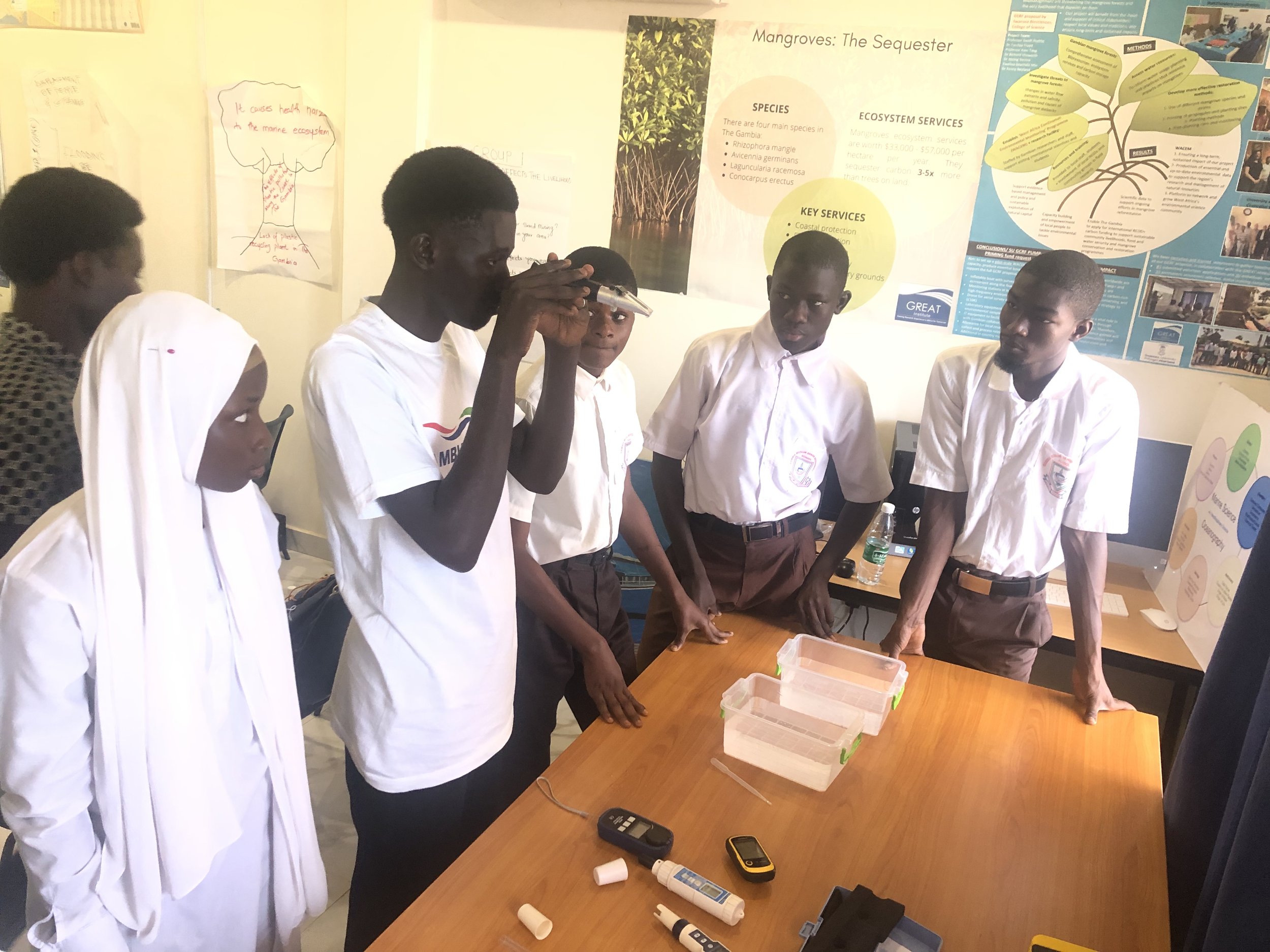We strive to educate and train the next generation of aquatic scientists, connecting decision-makers with timely science, and inspire communities to understand and protect the ecosystems that we all depend on. GREAT Institute has provided FREE high-quality learning that meets the needs of students, educators, and early career professionals through various courses.
Field study courses
This course provides standards-driven student learning within the context of life-relevant, real-world problems, or phenomena. Participants are actively engaged in building knowledge and meaning through hands-on investigation of local environmental issues. This field study course is available for undergraduate science students.
Open Enrollment: May 2025
Courses
Climate Change Biology
Lecturer: Professor Kam W Tang, University of Swansea
Co-Lecturer: Maiyai Taal Hocheimy, GREAT Institute
This 3-Day course looks at global-scale climate phenomena and processes with emphasizes on the connections across disciplines, from physics to chemistry, geology, and biology, and how they interact with climate.
Having completed this course, you will be able to demonstrate knowledge and understanding of how to:
Outline the processes that determine past and present climates, and are relevant to future climate change.
Apply specialised oceanographic knowledge to the interpretation of observed fluctuations in climate.
Identify mechanisms that stabilise or destabilise the climate system, both from empirical results and from inspection of equations.
Choose climate models, at a level of complexity appropriate for the problem, and use them to address a range of scientific questions.
Critically analyse the recent literature on a range of topical issues in climate science.
Open Enrollment: November 2025
Key Skills & Literature Review
Lecturer: Maiyai Taal Hocheimy, GREAT Institute
This course ensures a basic level of writing skills required to function as a professional researcher by providing experience with up-to-date methods in marine and coastal science research.
Having completed this course you will be able to:
Perform critical evaluation
Communicate with non-specialist audiences
Development of testable hypotheses
Research literature
Critically research, evaluate, and synthesise the findings of peer-reviewed publications
Development of suitable scientific methods
Structure an academic literature review
Formulate research project objectives in the context of existing work
Better management of research projects using time management and interpersonal techniques
Plan and execute marine & coastal fieldwork
Write a well-structured scientific report
Write a justified research proposal
Write articles that communicate research effectively to non-specialist audiences
Deliver a research seminar suitable for a scientific audience
Design poster presentations suitable for a scientific audience
Prepare for a job or MSc/MRes applications
Open Enrollment: November 2025
